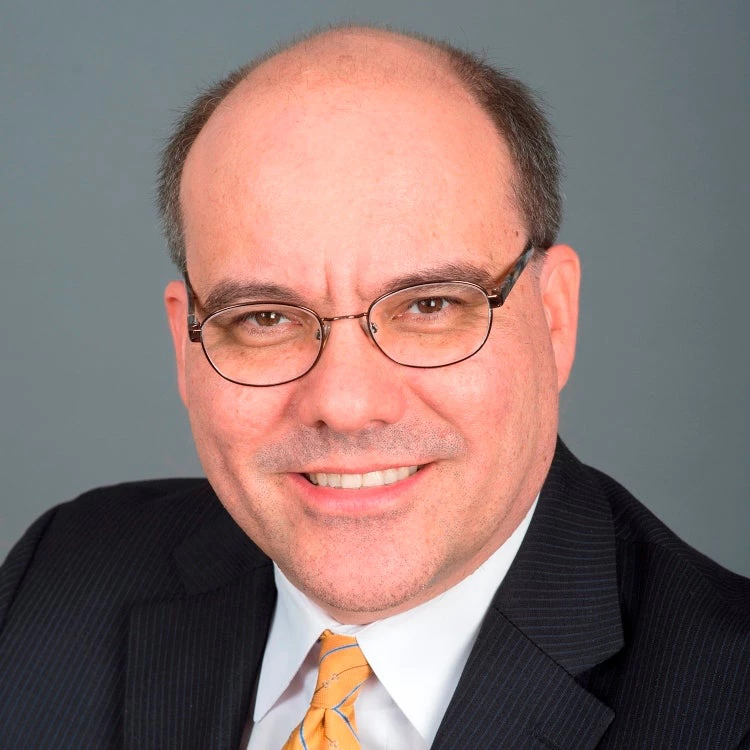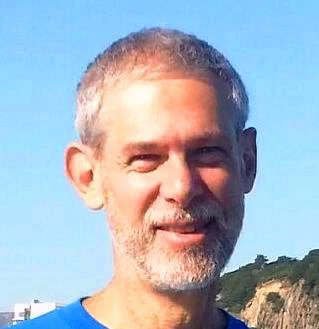There is a growing demand from World Bank clients and partners to learn about development solutions from fellow practitioners, particularly those who have faced challenges similar to the ones they are confronting in their own countries.
Whether they take the form of:
In addition to growing recognition of the power of knowledge exchange, there is also growing evidence of the importance of good design and of attention to results.
The Art of Knowledge Exchange Guidebook
With this in mind, the World Bank compiled “tips and tricks” drawn from research on knowledge management practice and from the experience of several hundred South-South knowledge exchanges financed by the multi-donor South-South Facility Trust Fund. The resulting guidebook, The Art of Knowledge Exchange, offers a practical, step-by-step framework for design, implementation and monitoring of results-focused knowledge exchange.
With support from the Government of Japan through the Tokyo Development Learning Center, the World Bank’s Social, Urban, Rural, and Resilience Global Practice has recently published a customized version of the guide for practitioners in the urban, social, land, and resilience sectors.
While the guide contains information that is of value to all those involved in knowledge exchange at local, national, regional, and global levels, it is particularly geared to those who are engaged in brokering of knowledge exchange between seekers and providers of knowledge and expertise on development challenges and solutions in the areas of urban and social development, land administration, and resilience.
It includes case studies and examples of successful knowledge exchange initiatives drawn from the experience of World Bank staff, partners such as the Rockefeller Foundation’s 100 Resilient Cities Network and other development practitioners who have successfully integrated knowledge exchange as a part of a larger change process.
In this video, Ede Ijjasz-Vasquez, Senior Director of the Social, Urban, Rural and Resilience Global Practice discusses the new guide with Phil Karp and Hywon Cha Kim from the Practice’s Knowledge Management and Learning team. [[avp asset="/content/dam/videos/ecrgp/2018/jun-19/art_of_knowledge_exchange_hd.flv"]]/content/dam/videos/ecrgp/2018/jun-19/art_of_knowledge_exchange_hd.flv[[/avp]]
Whether they take the form of:
- two-country exchanges through Study Tours or Expert Visits,
- or multi-country exchanges in the form of Technical Deep Dives,
- Conferences,
- or Workshops,
In addition to growing recognition of the power of knowledge exchange, there is also growing evidence of the importance of good design and of attention to results.
The Art of Knowledge Exchange Guidebook
With this in mind, the World Bank compiled “tips and tricks” drawn from research on knowledge management practice and from the experience of several hundred South-South knowledge exchanges financed by the multi-donor South-South Facility Trust Fund. The resulting guidebook, The Art of Knowledge Exchange, offers a practical, step-by-step framework for design, implementation and monitoring of results-focused knowledge exchange.
With support from the Government of Japan through the Tokyo Development Learning Center, the World Bank’s Social, Urban, Rural, and Resilience Global Practice has recently published a customized version of the guide for practitioners in the urban, social, land, and resilience sectors.
While the guide contains information that is of value to all those involved in knowledge exchange at local, national, regional, and global levels, it is particularly geared to those who are engaged in brokering of knowledge exchange between seekers and providers of knowledge and expertise on development challenges and solutions in the areas of urban and social development, land administration, and resilience.
It includes case studies and examples of successful knowledge exchange initiatives drawn from the experience of World Bank staff, partners such as the Rockefeller Foundation’s 100 Resilient Cities Network and other development practitioners who have successfully integrated knowledge exchange as a part of a larger change process.
In this video, Ede Ijjasz-Vasquez, Senior Director of the Social, Urban, Rural and Resilience Global Practice discusses the new guide with Phil Karp and Hywon Cha Kim from the Practice’s Knowledge Management and Learning team. [[avp asset="/content/dam/videos/ecrgp/2018/jun-19/art_of_knowledge_exchange_hd.flv"]]/content/dam/videos/ecrgp/2018/jun-19/art_of_knowledge_exchange_hd.flv[[/avp]]
Related:
- Report: The Art of Knowledge Exchange
- Learn more about our work on building sustainable communities
- Subscribe to our Sustainable Communities newsletter and Flipboard magazine
- Follow @WBG_Cities on Twitter





Join the Conversation